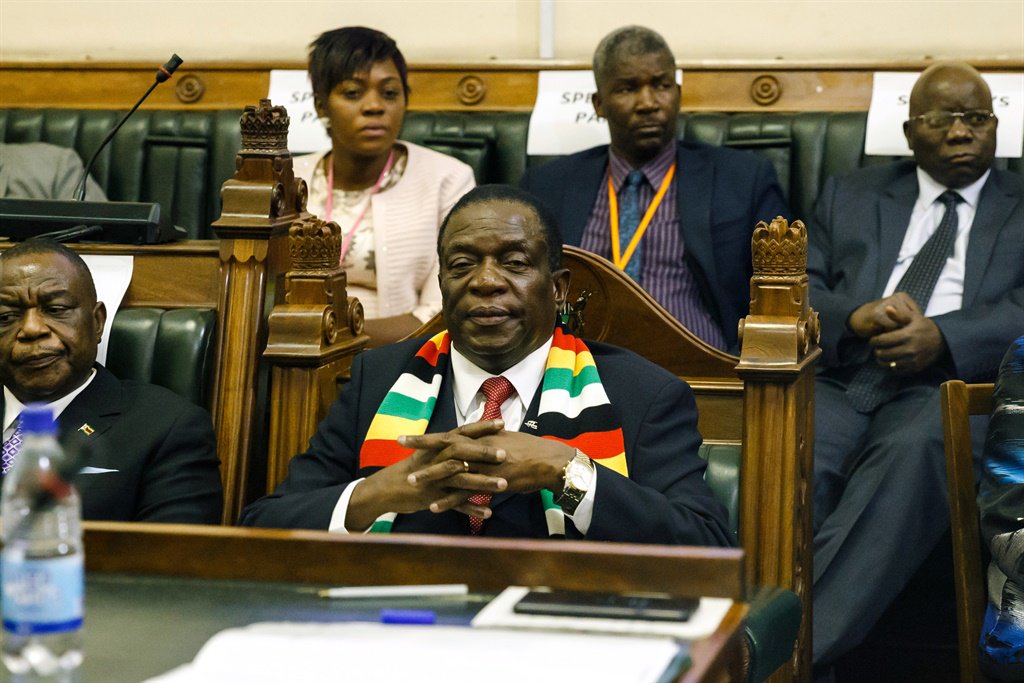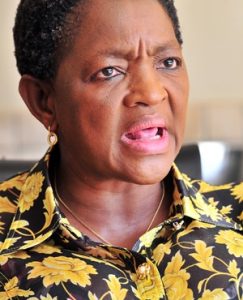
Printing money, either in an electronic form or on paper is one of the largest business activities in the States and the profits made in such activities are one of the largest contributors to the US Federal Reserve and the US Fiscus.
Many attempts have been made to unseat the dollar from its preeminent position in global affairs to no avail. The Pound, the German Deutschmark, the Yen, the Yuan and the Euro have all tried at one time or another to take the position of the dollar as a reserve currency, with little or no impact. Even China holds is monetary reserves in US currency.
The consequences for the global system of monetary stability and liquidity have been enormous – even difficult to quantify. When the world financial system was threatened by the 2008 banking crisis due to inflated bank assets in the USA, the United States Treasury started to print money to support global markets and in the next few years a torrent of new currency poured into global markets on a scale never seen before.
In any other country such activity on this scale would have triggered a collapse of the currency and massive inflation, in the US nothing happened – not even a blip on a screen. The US dollar maintained its value and US inflation remain low and steady. The flood reduced global interest rates to where countries and companies with a sound record could borrow funds at very low rates and in quantities that bore little reference to the real assets involved.
Countries like China and Japan were able to borrow loans that now exceed their GDP by as much as three times – they simply borrowed money to service debt when it came the time to repay the liability. The costs of such huge liabilities being easily carried by their growing economies. The danger for such States – even China, is that with such huge debts any reduction in growth rates and any rise in global interest rates will quickly threaten their stability in fiscal and monetary terms.
These are the very real rocks in the river that seems today to flow smoothly into the future. The danger signals are there – slowed growth in China is already a factor. When Zimbabwe was living beyond its means from 2013 to 2018, it printed money in electronic form to cover the fiscal deficit. The accumulation of such liabilities – Treasury Bills, Debentures and RTGS balances created a mountain of debt that threatened the stability of the State.
When Mthuli Ncube walked into his new Office in the Ministry of Finance he found that the situation was almost totally out of control. He brought it to our attention and said the truth – what is in our bank accounts are not US dollars but something else and they do not have the same value. The markets imploded and continue to be in a shambles. The open market rate collapsed from 1,4 to 1 against the US dollar to 7 to 1. Inflation soared to hyperinflation levels and living standards plummeted.
To restore order, he had to stop the bleeding and this he did in weeks – raising taxes and holding down State expenditure. Since then we have operated at a surplus and this has brought stability back into the market. But monetary stability eludes us and the decision to float the RTGS dollar against the USD is a start. We are confident that this decision – once implemented properly, will gradually strengthen the local currency and restore stability in both the rate of exchange and the inflation rate.
But the cost to us as Citizens has been enormous – our spending power has all but collapsed and our living standards declined. We are paying a very substantial price for the delinquency of the past. But this is the only way forward and by returning our export industries to profit, we are laying the foundation for rapid economic growth – this will, in turn, lead to a rise in incomes and living standards, but we have to work and work hard. We must become productive and create jobs on a massive scale to absorb the 400 000 job seekers we create each year.
The existence of massive sums of liquidity in global financial markets is in many ways the key to this – we need to be able to tap into those resources at global costs of borrowing to be able to invest in our infrastructure and productive capacity. To do so we need access and this then turns our attention to the US dollar as a global policeman and bully.
I wonder if the United States fully understands how much damage they are doing to their own system which has served them so well in the past half-century. We are fed up with massive fines for perceived violations of US regulations, of arrests and trials of executives and banks for sanctions violations just because we use US dollars for a commercial transaction that otherwise would not receive any attention.
The whole basis of sanctions on us, Iran and Angola imposed by the USA is control over the use of the US dollar in international trade and financial transactions. These restrictions have become so serious that Commercial Banks in countries like Zimbabwe find it increasingly difficult to conduct the business of any kind internationally. Unlike the USA our economies are very open to world trade and commerce and it is essential for us to be able to operate freely on global and regional markets.
The use of the global settlement system – the Swift Codes and other mechanisms in addition to almost total universal surveillance of US dollar transactions, even for transactions that have no bearing on US interests, is proving to be a very serious impediment to global trade and business in general.
Does the United States really think that they can sustain such a system indefinitely? If so they are sorely mistaken because it is only a matter of time before the power of blockchain and other electronic systems are used to usurp the position of the US dollar and the country most affected will be the USA itself.
The task of international settlements between banks and business is about to go through a revolution no less transformational than the internet itself. The impact on banks as business entities are already dramatic and the next decade is going to be a decade of making global business a simple clearinghouse in the cloud. Low cost and instantaneous, these new electronic forms of currency and means of transacting will transform business.
In the meantime, the sooner we get our own currency and introduce it as the main form of transactions on a secure and convertible basis in local markets, the better.




